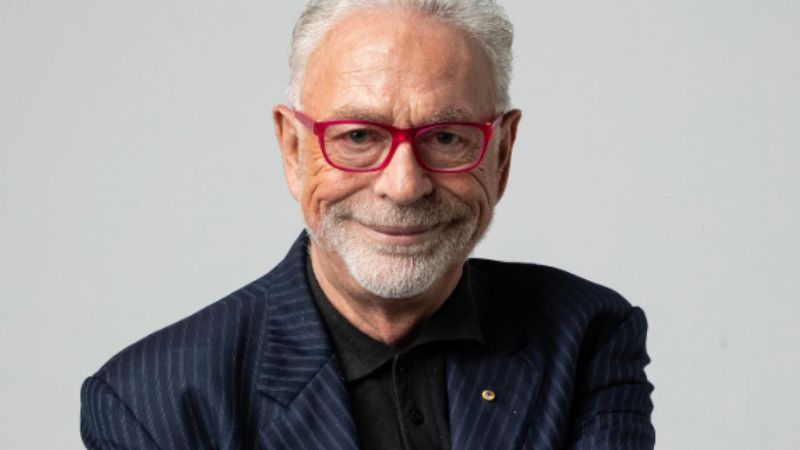David Polson, the Sydney based LGBTIQA+ rights campaigner and HIV activist has died at the age of 70.
His passing was announced by Qtopia, the LGBTIQA+ museum that he founded which opened its doors in after years of campaigning for the establishment of the cultural institution.
“Qtopia Sydney is deeply saddened to announce the passing of David Polson AM, our Emeritus Founding Chair.” the organisation said.
“It was the vision of he and his dear friend the late Professor David Cooper, that Qtopia Sydney came to be and it is now, and ever shall be, a celebration of that vision.”

“A debt of gratitude is owed to David for his life of service, for his courage, bravery and contribution over almost four decades, enduring 28 drug trials, toward the advancement of a medical response to HIV and AIDS in this country and across the world.
“David was cheeky, irreverent, wickedly funny, warm and gracious and it was a privilege to view life through his lens.
“He died as he lived, fighting valiantly until the end, in the care of St Vincent’s Hospital, where he had spent so much time. He was surrounded by those who knew and loved him best.
Tanya Plibersek, the Member of Sydney, said Polson was “a remarkable man”.
“David was warm, generous, passionate and loyal. He was a great friend to many.” Plibersek said highlighting not only his work in estabishing Qtopia, but also his personal contribution to HIV research.
After his HIV diagnosis in 1984 Polson took part in 28 drug trials as scientist sought ways of treating the virus, for Polson it was often experiencing significant side effects. He spent decades giving public talks about living with HIV and advocating for research and better care.
He has been honoured by People Living with HIV Australia, Positive Life NSW, and Gilead Sciences. In 2023 he was awarded the Order of Australia.
In 2020 Polson took part in the ABC program You Can’t Ask That! answering anonymous questions about living with HIV. Polson shared that when he was first diagnosed in 1984 it was like “falling down a big bottomless black pit”, and the prognosis for him was impending death, but undeterred he embraced healthy living. and signed up to take part in the drug trials.





